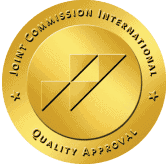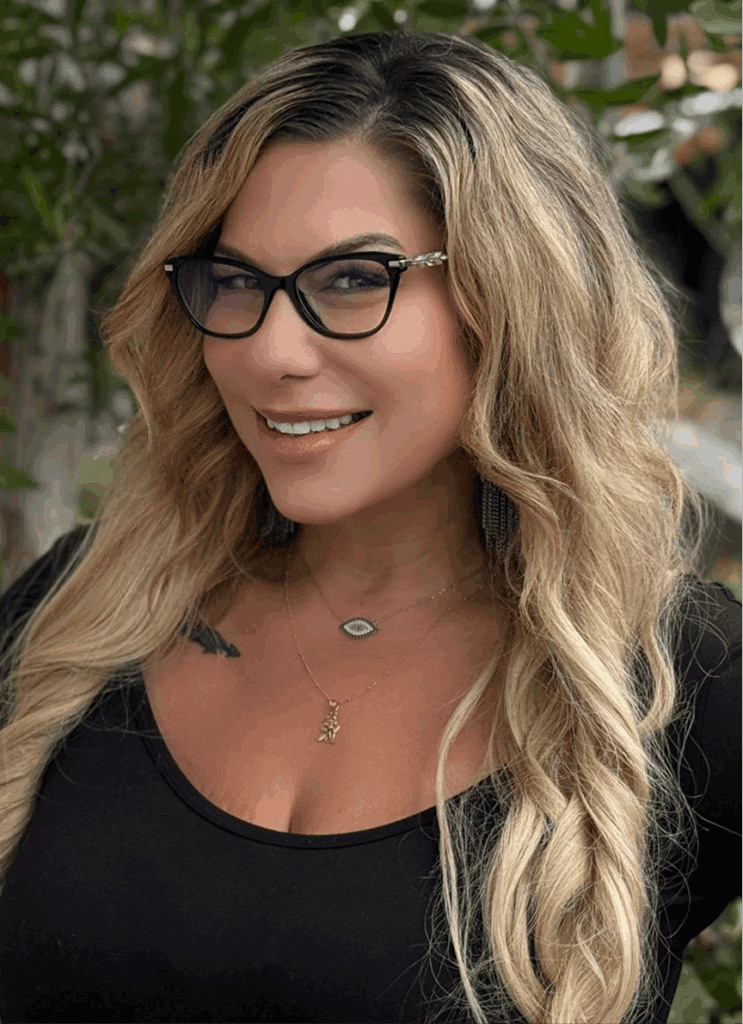You deserve a recovery journey that includes your loved ones. When addiction affects one family member, everyone feels the impact. You’re not just seeking personal healing – you’re looking for a way to rebuild trust, restore communication, and create lasting change for your entire family. Family therapy provides the structured support you need to address addiction’s effects on everyone you care about.
What are the signs your family needs addiction-focused therapy?
You may recognize these warning signs that addiction has disrupted your family dynamics:
- Communication has broken down completely between family members
- Trust has been shattered by repeated broken promises
- Arguments escalate quickly and often center around substance use
- Family members feel helpless watching their loved one struggle
- Children show behavioral changes or academic problems
- Codependent patterns have developed to cope with addiction
- Financial stress from addiction impacts the entire household
- Family gatherings have become tense or are avoided entirely
- Resentment has built up over years of addiction-related problems
- Family members experience anxiety, depression, or trauma symptoms
- Enabling behaviors continue even though they harm recovery
- Past attempts at intervention have failed or made things worse
When you notice these patterns, professional family therapy becomes essential. Treatment centers recognize that addiction is a family disease requiring comprehensive healing approaches.
How does family therapy work in addiction treatment?
You’ll participate in structured sessions designed to address addiction’s impact on your entire family system. Professional therapists guide your family through evidence-based approaches that rebuild healthy communication patterns. You’ll learn new ways to support recovery without enabling destructive behaviors.
Family therapy typically occurs during Drug rehab programs and continues through Partial hospitalization program (PHP), Intensive outpatient program (IOP), and Outpatient program (OP) levels of care. You’ll attend weekly sessions where each family member can express their experiences safely. Therapists help you identify dysfunctional patterns and develop healthier alternatives.
Your sessions focus on:
- Understanding addiction as a disease affecting everyone
- Learning healthy boundary-setting techniques
- Developing effective communication strategies
- Processing trauma and resentment from past experiences
- Creating relapse prevention plans involving the whole family
- Building trust through consistent actions and accountability
Why is family involvement crucial for lasting recovery?
Research shows you’re 35% more likely to maintain sobriety when family members actively participate in treatment. Your loved ones provide essential support during challenging moments. They learn to recognize warning signs and respond appropriately without enabling addiction behaviors.
Treatment centers emphasize family therapy because isolation fuels addiction. You need a strong support network understanding your recovery journey. Family members who participate in therapy report feeling more confident supporting their loved one’s sobriety. They develop skills to maintain their own well-being while encouraging healthy changes.
Studies demonstrate that family therapy:
- Reduces substance use by up to 35% compared to individual treatment alone
- Increases treatment retention rates by 19%
- Improves family functioning and communication patterns
- Decreases relapse rates during the first year of recovery
- Helps children in addicted families develop resilience
What happens during your first family therapy session?
You’ll meet with a specialized addiction family therapist who understands the unique challenges you face. Your initial session focuses on assessment and goal-setting. Each family member shares their perspective on how addiction has affected them. You’ll feel heard and validated while gaining insight into others’ experiences.
The therapist creates a safe environment where you can express difficult emotions without judgment. You’ll establish ground rules ensuring respectful communication. Your therapist explains the therapy process and addresses any concerns about confidentiality or session structure.
During this first meeting, you’ll:
- Complete family assessment questionnaires
- Identify primary concerns and treatment goals
- Learn about healthy versus unhealthy family dynamics
- Receive education about addiction’s effects on families
- Schedule regular session times that work for everyone
- Discuss how therapy integrates with individual treatment
Which evidence-based approaches help families heal from addiction?
Treatment centers use proven therapeutic methods addressing both addiction and family dysfunction. You’ll experience approaches specifically designed for families affected by substance abuse. These evidence-based therapies have helped thousands of families rebuild healthy relationships.
Common family therapy approaches include:
- Behavioral Couples Therapy reducing substance use through relationship improvement
- Multidimensional Family Therapy addressing multiple family system levels
- Brief Strategic Family Therapy focusing on problematic interaction patterns
- Functional Family Therapy improving family communication and problem-solving
- Community Reinforcement and Family Training empowering family members
- Multisystemic Therapy addressing environmental factors affecting recovery
Your therapist selects approaches matching your family’s specific needs. You’ll practice new skills during sessions and receive assignments to implement changes at home. Progress happens gradually as everyone commits to the healing process.
How long does family therapy take to show results?
You’ll notice initial improvements within the first few sessions as communication patterns begin shifting. Most families require 3-6 months of consistent therapy to establish lasting changes. Your commitment to regular attendance and practicing new skills determines progress speed.
Treatment centers typically recommend:
- Weekly sessions during Drug rehab and PHP phases
- Bi-weekly sessions during IOP participation
- Monthly maintenance sessions during OP and beyond
- Additional sessions during crisis periods or major transitions
- Ongoing support groups for family members
You’ll work with your therapist to determine the right frequency and duration for your family’s needs. Some families benefit from intensive weekend workshops supplementing regular sessions. Others prefer gradual progress through consistent weekly meetings.
What if family members resist participating in therapy?
You may face resistance from family members uncomfortable with therapy or skeptical about change. Treatment professionals understand this challenge and provide strategies for encouraging participation. You can start with willing family members while others observe positive changes.
Common concerns include:
- Fear of being blamed for the addiction
- Discomfort discussing private family matters
- Previous negative therapy experiences
- Belief that addiction is solely the individual’s problem
- Time constraints or scheduling difficulties
- Financial concerns about therapy costs
Your therapist helps address these concerns through education and gradual engagement strategies. Many resistant family members become active participants after witnessing initial positive changes. You’ll learn to focus on your own healing regardless of others’ participation levels.
Frequently asked questions about family therapy in addiction treatment
Yes, children often benefit from age-appropriate family therapy participation. Therapists use specialized techniques helping children express their feelings about addiction’s impact. You’ll receive guidance on discussing addiction honestly while protecting children from inappropriate details. Many treatment centers offer separate children’s programs addressing their unique needs while supporting overall family healing.
Most insurance plans cover family therapy when it’s part of addiction treatment. You’ll need to verify specific coverage details with your provider. Treatment centers typically include family therapy in their program costs for Drug rehab, PHP, IOP, and OP levels. Many facilities offer sliding scale fees or payment plans ensuring you can access this crucial service.
You can participate in family therapy through video sessions when distance prevents in-person attendance. Many treatment centers offer hybrid approaches combining in-person and virtual sessions. You’ll still experience meaningful connection and healing despite physical separation. Technology enables family involvement regardless of geographic barriers.
Family therapy provides structured, professionally guided healing focused on addressing addiction’s impact. Unlike casual visits, you’ll work on specific goals with therapeutic interventions. Sessions follow evidence-based protocols designed to create lasting change. You’ll develop skills and insights impossible to achieve through visits alone. Professional guidance ensures productive conversations addressing core issues rather than surface-level interactions.
Contact Assure Recovery
You don’t have to navigate family healing alone. Professional help is available now to guide your family through addiction recovery. Every day you wait delays the healing your family deserves. Call Assure Recovery today at (833) 530-0291 to learn how family therapy can transform your recovery journey.



